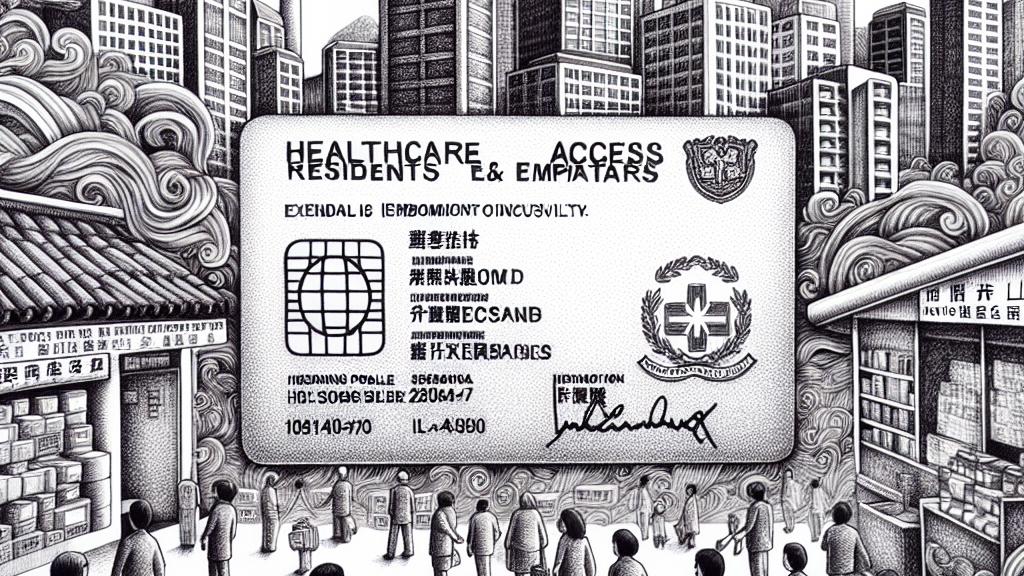Understanding Healthcare Access for Hong Kong Residents and Emigrants
Overview
- Hong Kong offers public healthcare access to all valid identity card holders, including those living overseas.
- Lawmakers are debating the impact of potential restrictions on emigrants using health services.
- The health minister emphasizes the challenges of accurately tracking residency status for healthcare eligibility.

Navigating Hong Kong's Healthcare Landscape
Hong Kong's healthcare system is a remarkable blend of public and private services, ensuring that every resident can receive the care they need. Recently, Health Minister Lo Chung-mau confirmed that all valid identity card holders, even those who have moved abroad, can access public health services without restriction. This vital measure not only reinforces the bond between the government and its citizens living overseas but also supports the broader public health framework. Imagine the relief of a student returning home from studies abroad, knowing they can receive medical care without navigating through tedious red tape!
Voices of Concern from Lawmakers
However, not all voices echo this sentiment of inclusivity. Some lawmakers are increasingly concerned that allowing emigrants to access public healthcare may lead to a surge in demand, straining already overburdened services. Picture a situation where many former residents return for treatment during peak times—they could crowd hospitals, making it more difficult for locals needing urgent care. Therefore, these discussions are crucial in examining how to balance accessibility with the need for sustainable, quality healthcare in a bustling metropolis.
Defining What Residency Means
During the discussions, Minister Lo pointed out the complexities involved in defining residency status. It's not as simple as it sounds. For instance, how do we classify someone who returns for a short visit, or someone who's been living abroad for years? Implementing strict requirements could lead to significant delays in medical access, which could deter individuals from seeking help altogether. Just imagine a parent hesitating to take their child for a check-up—this hesitance could have serious health implications. Clearly, finding a fair way to define residency is key to maintaining effective healthcare access.
A Closer Look at Healthcare Infrastructure
Delving deeper, Hong Kong's healthcare infrastructure is impressively comprehensive. With 43 public hospitals serving the population, each facility provides essential services at subsidized rates to those with a Hong Kong identity card. In fact, last year, nearly two million people were treated in emergency services, emphasizing the system's heavy reliance on public care. Yet, a glaring statistic emerges: around 8% of the population shies away from consulting a doctor due to financial concerns. This underscores a pressing need for healthcare accessibility—restricting access to services could put many individuals at a disadvantage and aggravate existing inequalities.
Towards an Inclusive Future in Healthcare
Looking toward the future, it’s essential for Hong Kong to proactively foster a culture of inclusivity in its healthcare policies. By allowing all identity card holders, especially those returning from overseas, to access public health services without barriers, the city demonstrates a commitment to the well-being of all its members. With predictions indicating that those over 65 years of age will form about 26.4% of the population by 2036, the importance of accessible healthcare becomes even more pronounced. Ultimately, an inclusive approach to healthcare isn't just a fair policy; it’s a vital investment in the health of Hong Kong.

Loading...